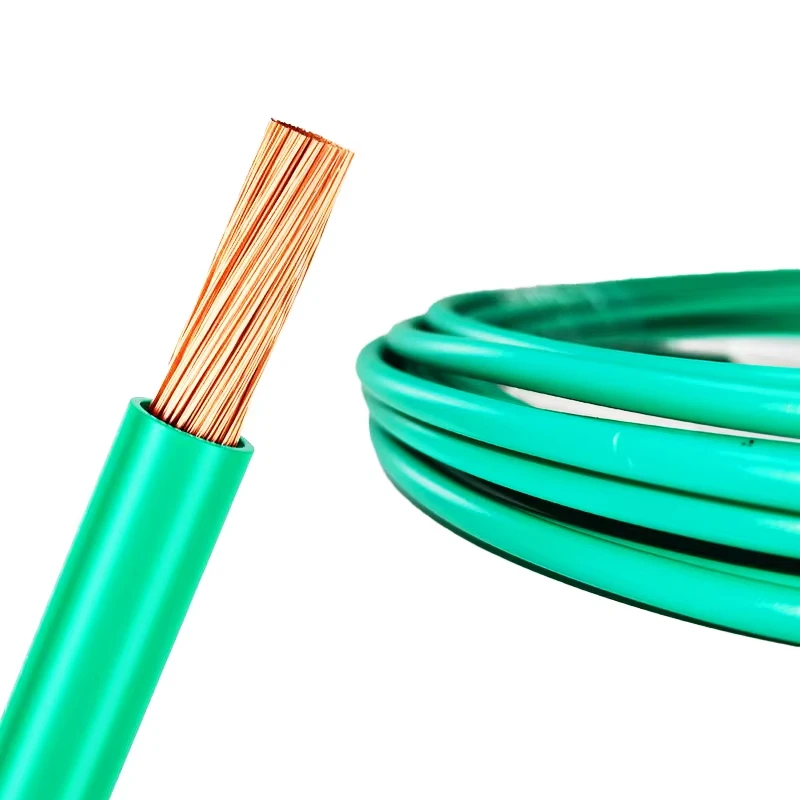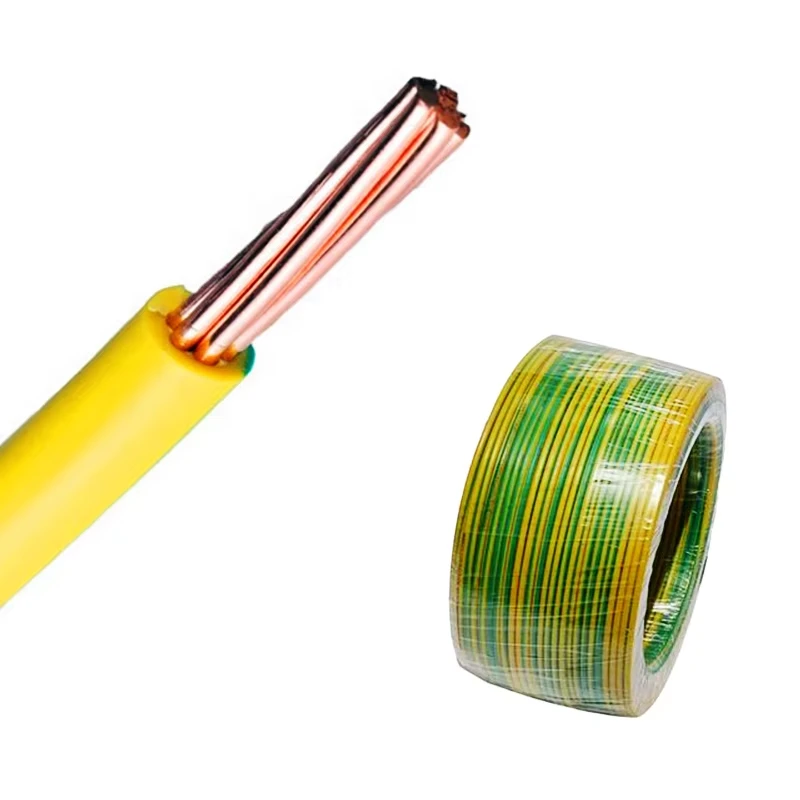
Overhead Ground Wire Solutions for Enhanced Safety and Grounding Efficiency in Electrical Systems
Understanding Overhead Ground Wire Products Importance and Applications
In the realm of electrical transmission and distribution, overhead ground wires play a critical role in ensuring safety and maintenance of power lines. Overhead ground wire (OGW) systems are essential components of electrical infrastructure, designed to protect equipment, personnel, and the surrounding environment from lightning strikes and other atmospheric phenomena. This article explores the significance, types, materials used, and applications of overhead ground wire products.
The Significance of Overhead Ground Wires
Overhead ground wire systems serve multiple key functions. One of the foremost purposes is to mitigate the risk of lightning strikes. Power lines are often situated in open areas where they are susceptible to direct hits from electrical discharges. An overhead ground wire acts as a lightning conductor, providing a designated path for lightning to follow and directing it safely to the ground. This not only protects the transmission infrastructure but also safeguards sensitive equipment, which could be damaged by lightning surges.
Additionally, overhead ground wires play a vital role in minimizing voltage transients that can occur during electrical faults or disturbances. By providing a path to ground, these wires help in balancing electrical potentials, thereby ensuring continuous safe operation of the electrical network.
Types of Overhead Ground Wires
Overhead ground wires come in various types, each designed to cater to specific requirements. They are broadly classified into stranded and solid wire configurations
1. Stranded Ground Wire This type consists of multiple small wires twisted together, providing flexibility and ease of installation. Stranded wires offer excellent resistance to bending and are often used in applications where the wire needs to be routed around structures or in intricate layouts.
2. Solid Ground Wire Comprising a single solid conductor, these wires offer lower resistance and are mainly utilized in applications requiring high strength and durability. Solid wires are often used in situations where tension and mechanical integrity are paramount.
Materials Used
The materials used for manufacturing overhead ground wires are crucial to their performance and longevity
. Common materials include copper and aluminum, each having distinct advantagesoverhead ground wire product

- Copper Known for its superior conductivity and resistance to corrosion, copper wires excel in environments where reliability is critical. However, their higher cost can be a disadvantage in large-scale deployments.
- Aluminum Lightweight and cost-effective, aluminum is increasingly preferred for overhead ground wire applications, particularly in extensive transmission networks. Modern aluminum alloys provide adequate conductivity and strength, making them suitable for many overhead installations.
Applications
The applications of overhead ground wire products extend beyond simple lightning protection. They are widely used in various fields, including
- Power Transmission Overhead ground wires are integral in high-voltage power transmission systems, ensuring safety while enabling efficient energy distribution.
- Communication Lines Often installed alongside telecommunications lines, these wires protect the communication infrastructure from electrical surges caused by lightning strikes.
- Railways In railway electrification systems, overhead ground wires help protect both the electrified lines and the trains, ensuring safe operations.
- Renewable Energy As the demand for renewable energy sources grows, overhead ground wires are increasingly employed in wind and solar energy installations, protecting sensitive equipment from atmospheric events.
Conclusion
In conclusion, overhead ground wire products are indispensable in modern electrical engineering. Their role in protecting infrastructure, ensuring operational safety, and accommodating innovative energy solutions cannot be overstated. As technology advances and the electrical grid evolves, the importance of reliable and efficient overhead ground wire systems will continue to grow, underscoring the need for ongoing research and development in this critical area.
-
The Quantum Leap of XLPE Cable in Power DistributionNewsMay.29,2025
-
Mastering the Essentials of Building WireNewsMay.29,2025
-
Innovative Horizons of Rubber Trailing CablesNewsMay.29,2025
-
Exploring the Versatile World of Rubber CablesNewsMay.29,2025
-
Decoding the Mysteries of Building CablesNewsMay.29,2025
-
Advancements Redefining Control Cable TechnologyNewsMay.29,2025
-
Why It's Time to Replace Old Rubber CablesNewsMay.28,2025














